Cumin: Food, Medicine and Currency
By Christine Kenneally
Updated July 6, 2017
If you love the warming and slightly spicy flavors found in Indian curry and Mexican chili, you’re in luck. The spice that is central to these dishes is amazingly good for our health in addition to being delicious.
Cumin, nigella sativa (latin), is indigenous to Egypt, but now grows in many countries with warm climates Cumin powder, which is the form that is commonly used in cooking, is made by roasting and grinding the seeds of this plant that is a member of the parsley family. It has been used for centuries, both for cooking and as medicine. There are passages in the bible that reference cumin as one of the spices used as currency for paying taxes and debts because of its high value. It was also used in the process of mummification in Egypt. In ancient times, cumin was widely used as an antiseptic and also as a digestive aid. Recent studies demonstrate its effectiveness in treating many ailments and conditions.
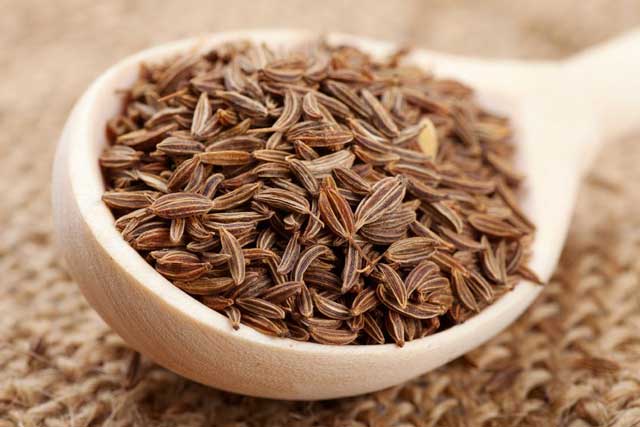
Un-ground Cumin Seeds
Unlike cayenne (which you read about in last month’s Weeds & Spice column), cumin is a warming spice without the spicy burn. This makes it more universally palatable. It is an important spice in Indian, Middle Eastern, Mexican, Spanish and Portuguese cuisines. Cumin has a rich, savory aroma making it distinct and unforgettable and therefore very popular in cooking across the globe. It can be used to add depth to rice dishes, stews, casseroles and even as a spice rub on roasted vegetables and meats, such as chicken and lamb.
For a taste of cumin, try our Cauliflower with Spicy Dukkah recipe. This recipe is a lush and addicting, yet healthy dish. It features the rich, deep flavors of cumin and Aleppo pepper and nuttiness of almonds over perfectly roasted cauliflower.
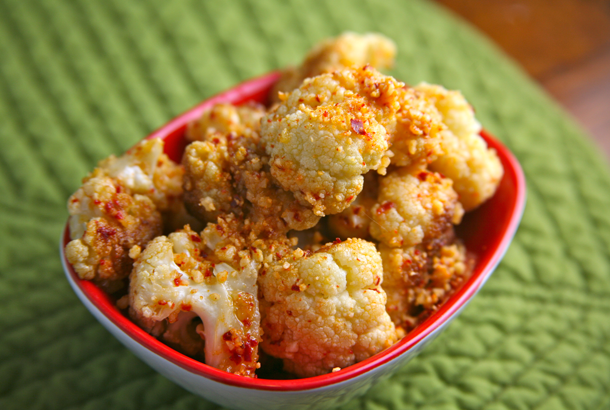
Cauliflower with Spicy Dukkah
Cumin has many important health benefits. It has been shown to treat and prevent ulcers and acts as a digestive stimulant. It eases the pain and cramping associated with indigestion. Anyone with asthma can benefit from adding cumin to their diet as it has been proven to be a powerful bronchodilator. Research also suggests that cumin can be useful in treating and preventing breast cancer and colon cancer because it is a powerful antioxidant. It has also been found effective for reducing stress and enhancing memory. Links to studies on each of these topics can be found below.
Cumin is a useful spice for pregnant and breastfeeding mothers. It helps to reduce nausea, and also increases the production of breastmilk. Cumin has been shown to increase bone density, lower cholesterol, and is more effective at reducing blood glucose than some commonly used pharmaceuticals.
In general, cumin is a great tonic for overall wellness. It promotes healthy digestion, and respiration, as well as healthy heart function. It strengthens the immune system, supports the liver and kidneys and lowers stress levels. It’s also a great source of iron.
Have you ever known of a medicine that could improve so many different areas of our health and also taste so good?
Stress & Memory:
//www.ncbi.nlm.nih.gov/pubmed/21639683
Asthma
//www.ncbi.nlm.nih.gov/pubmed/20149611
Ulcers
Cancer
Study: Norwood AA, Tan M, May M, Tucci M, Benghuzzi H. Comparison of potential chemotherapeutic agents, 5-fluoruracil, green tea, and thymoquinone on colon cancer cells. School of Health Related Professions, University of Mississippi Medical Center Jackson, Mississippi 39216, USA. Biomed Sci Instrum. 2006;42:350-6.
Other sources:
Wellnessmama.com
Suite.io
Livestrong.com
Helpwithcooking.com








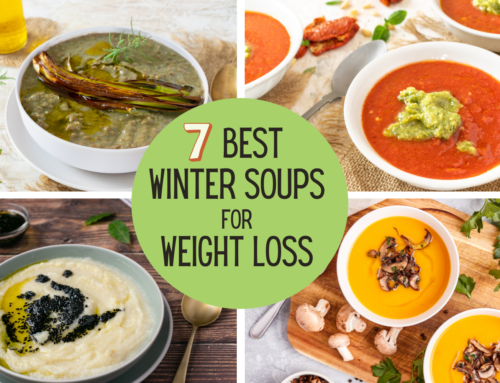
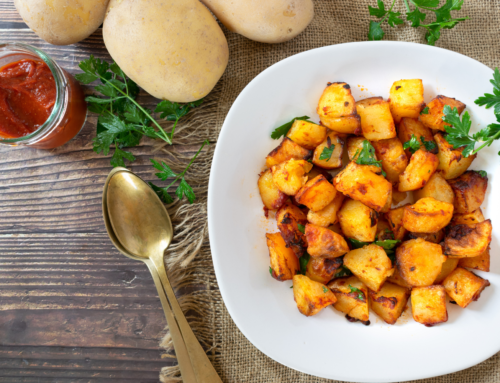
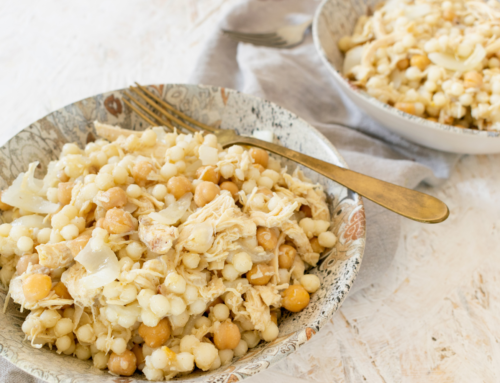
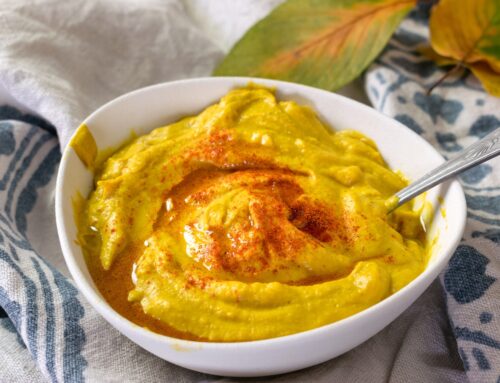
Bill Bradley, R.D. says:
Bill Bradley, R.D. says:
Bill Bradley, R.D. says: